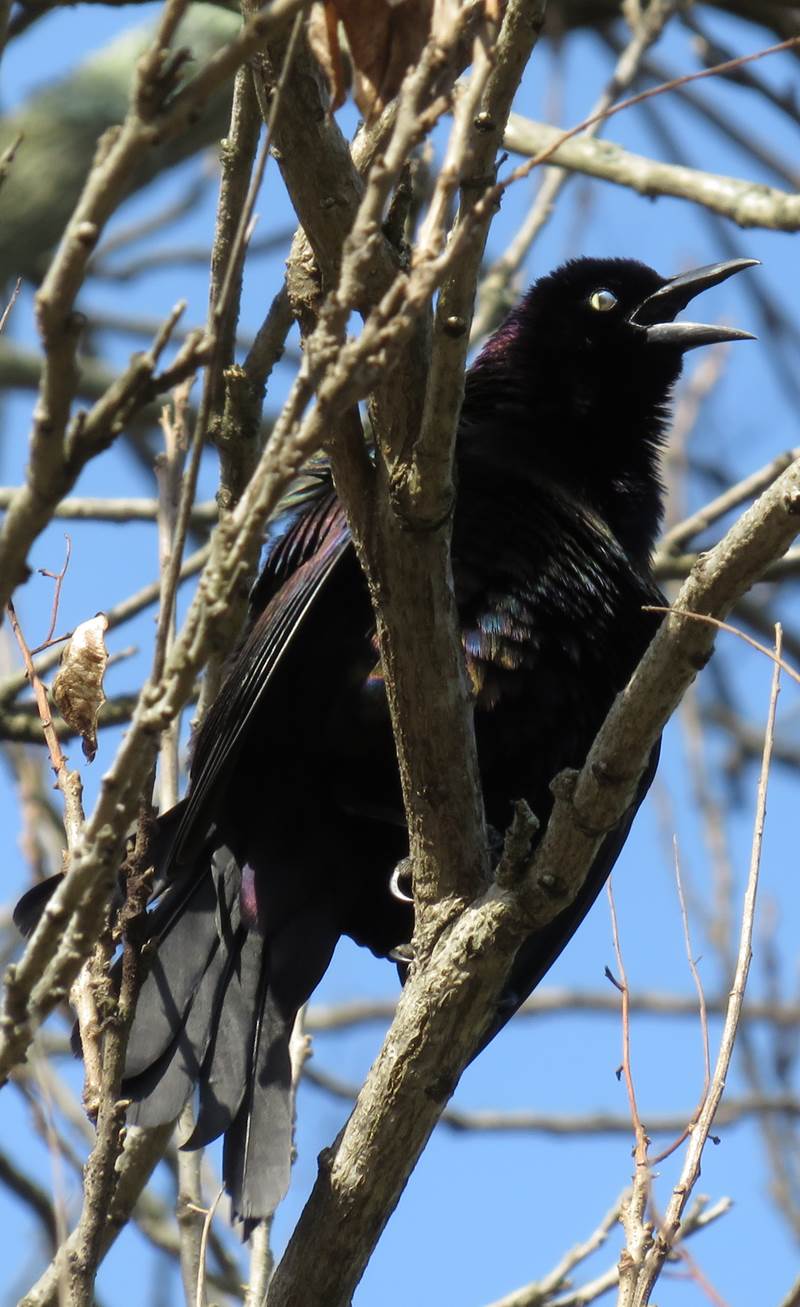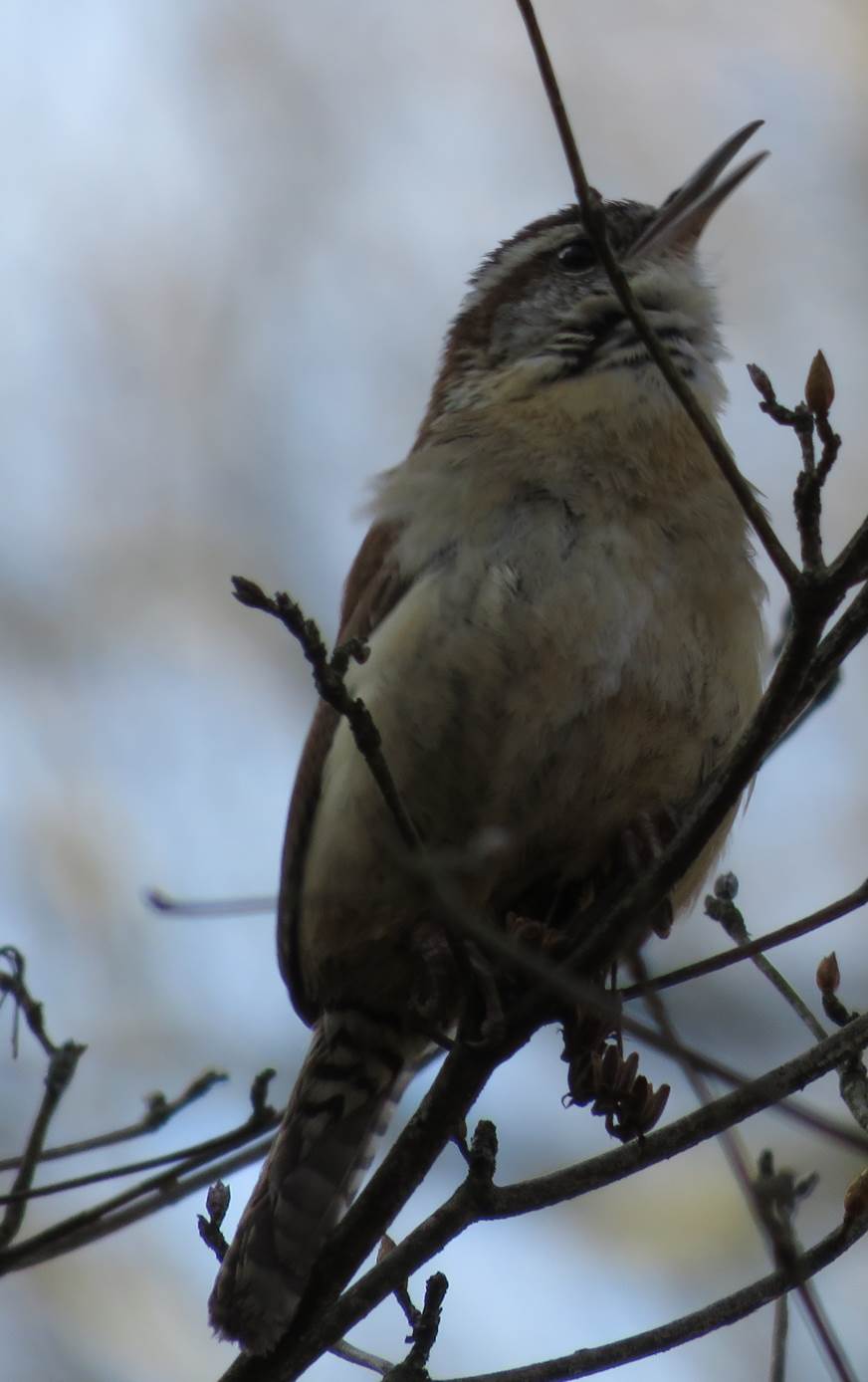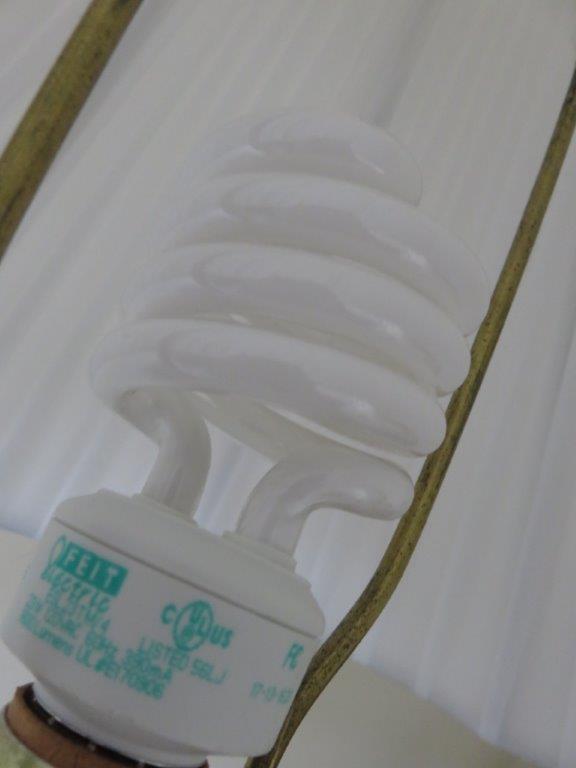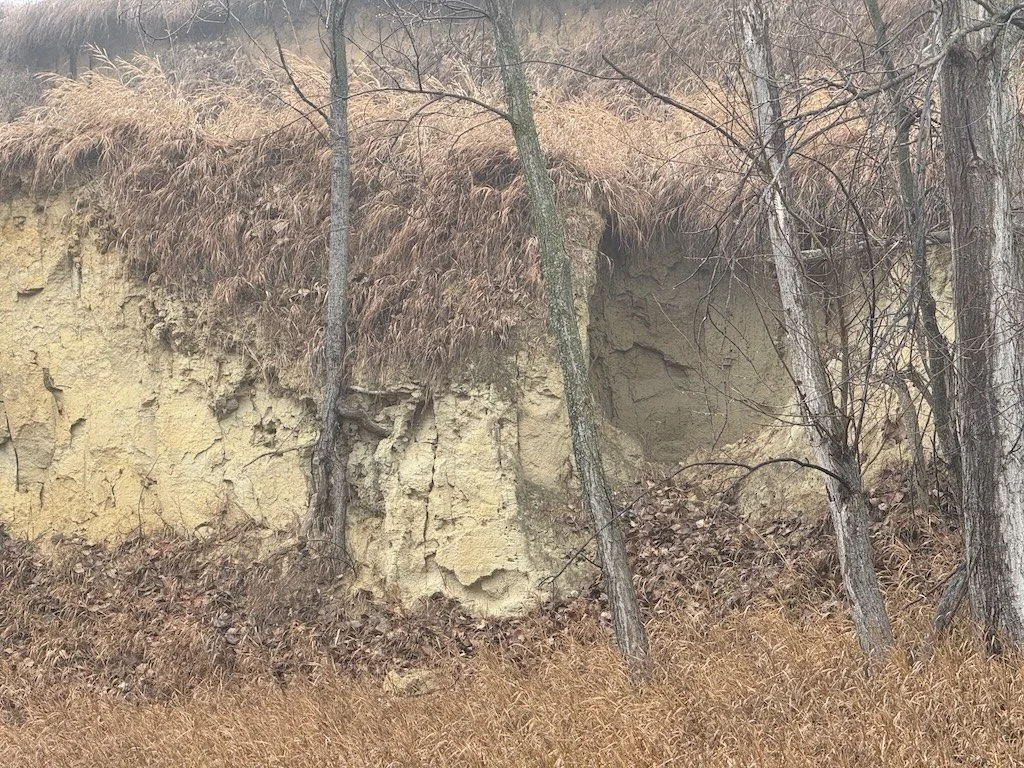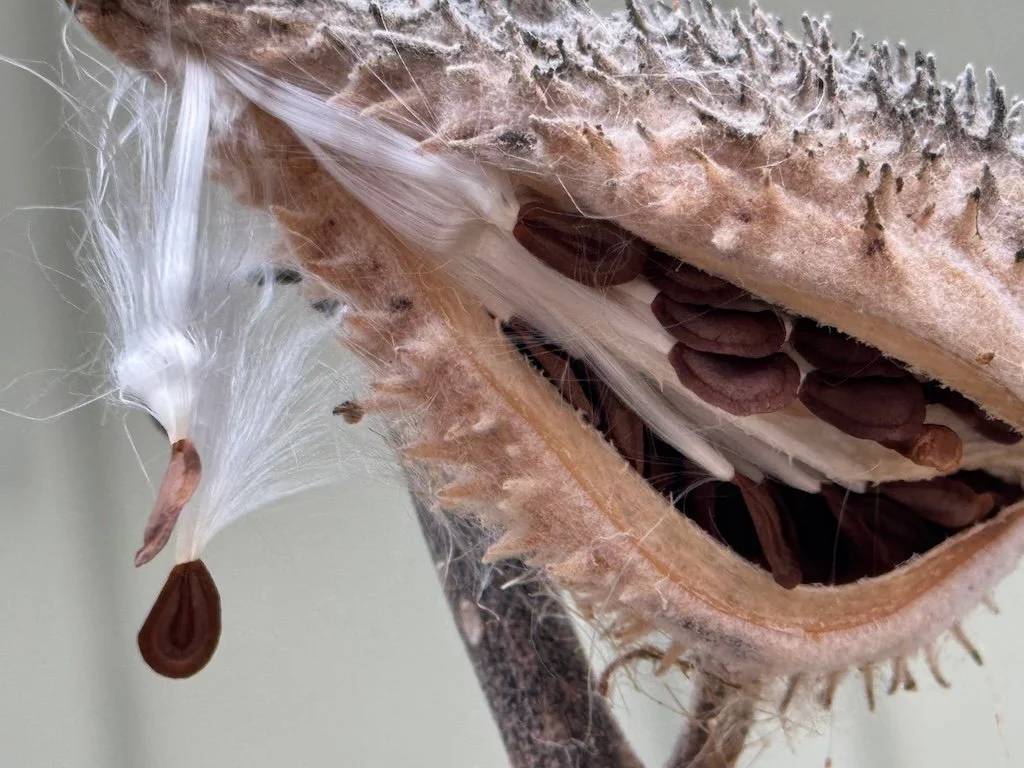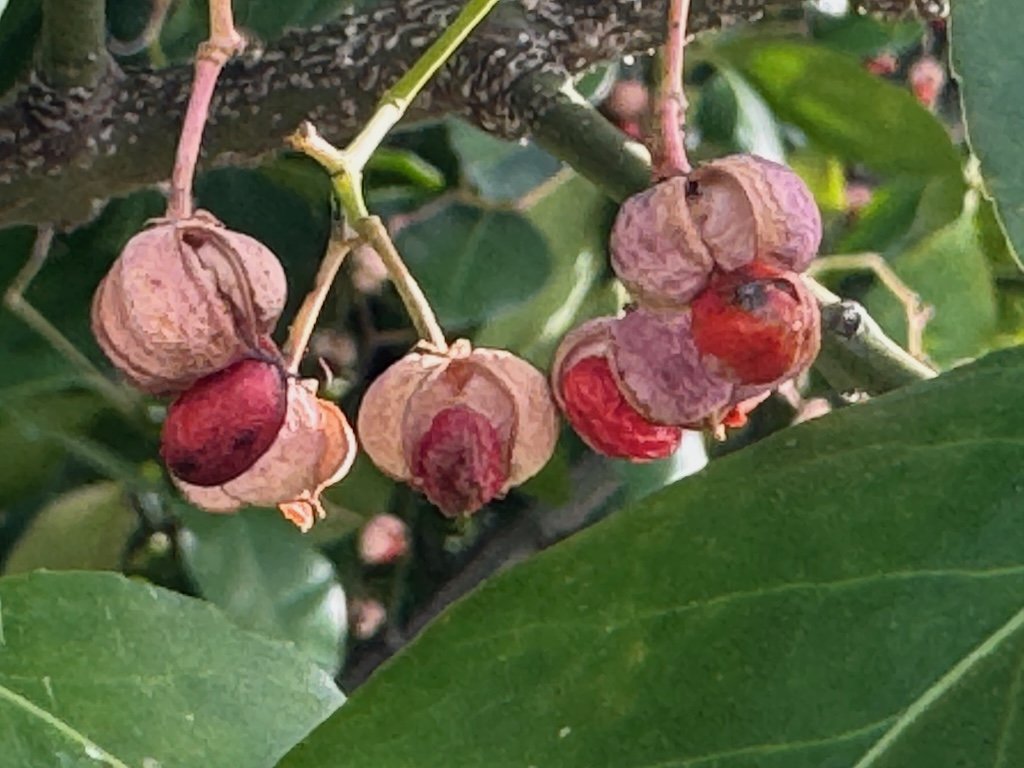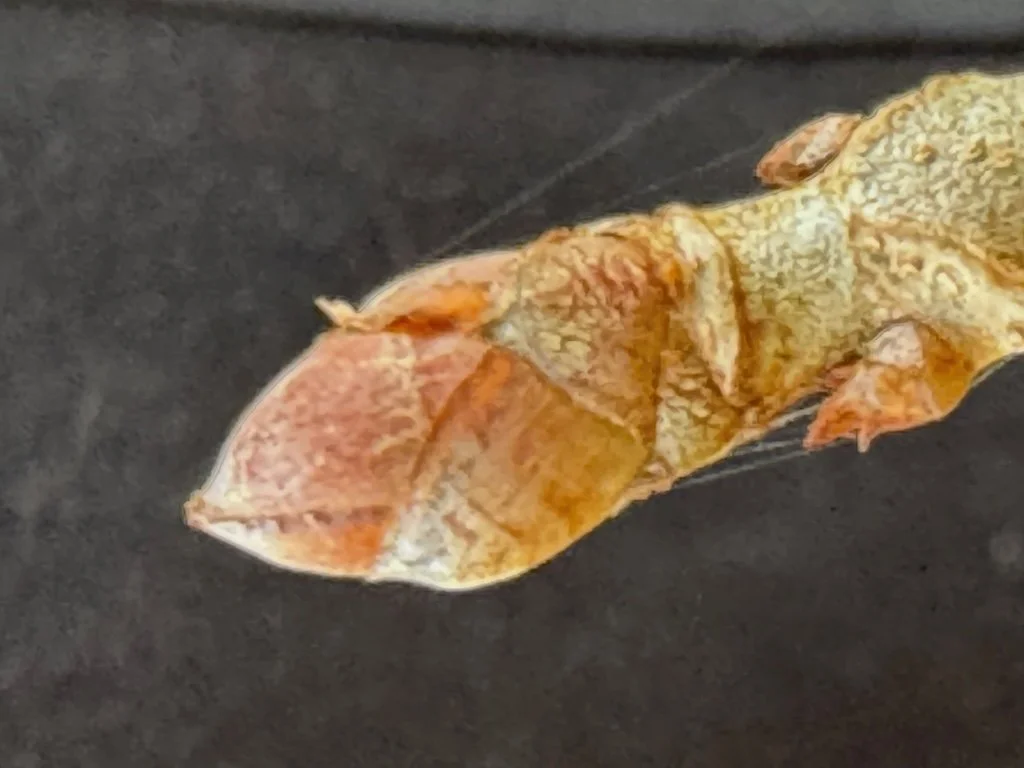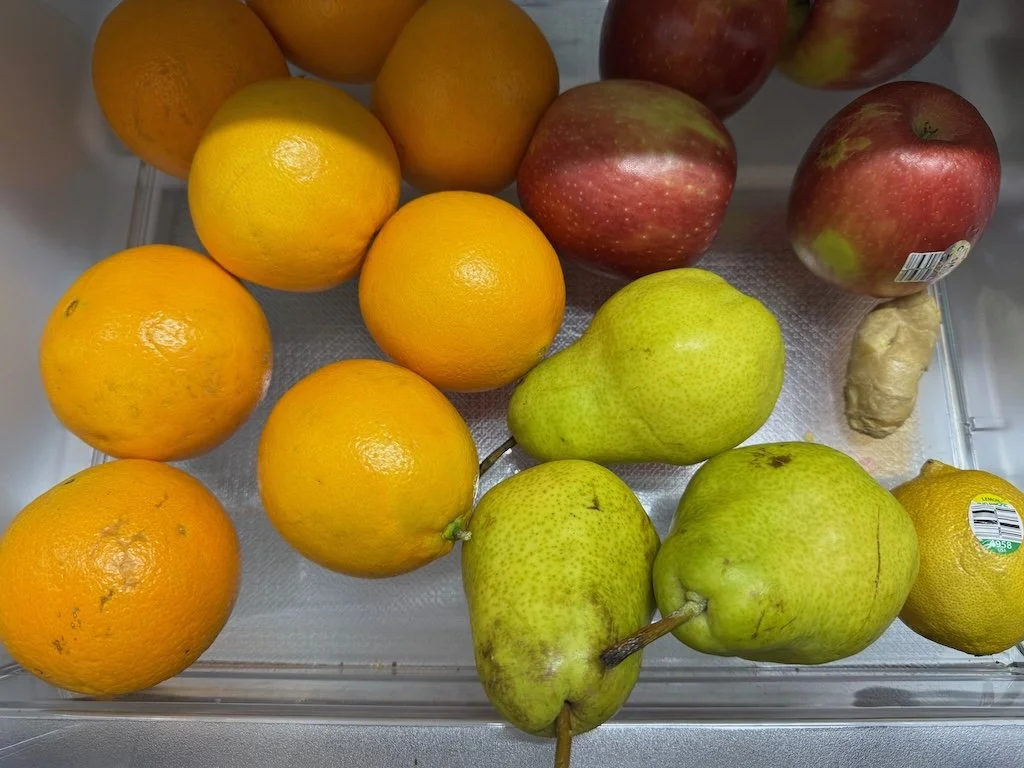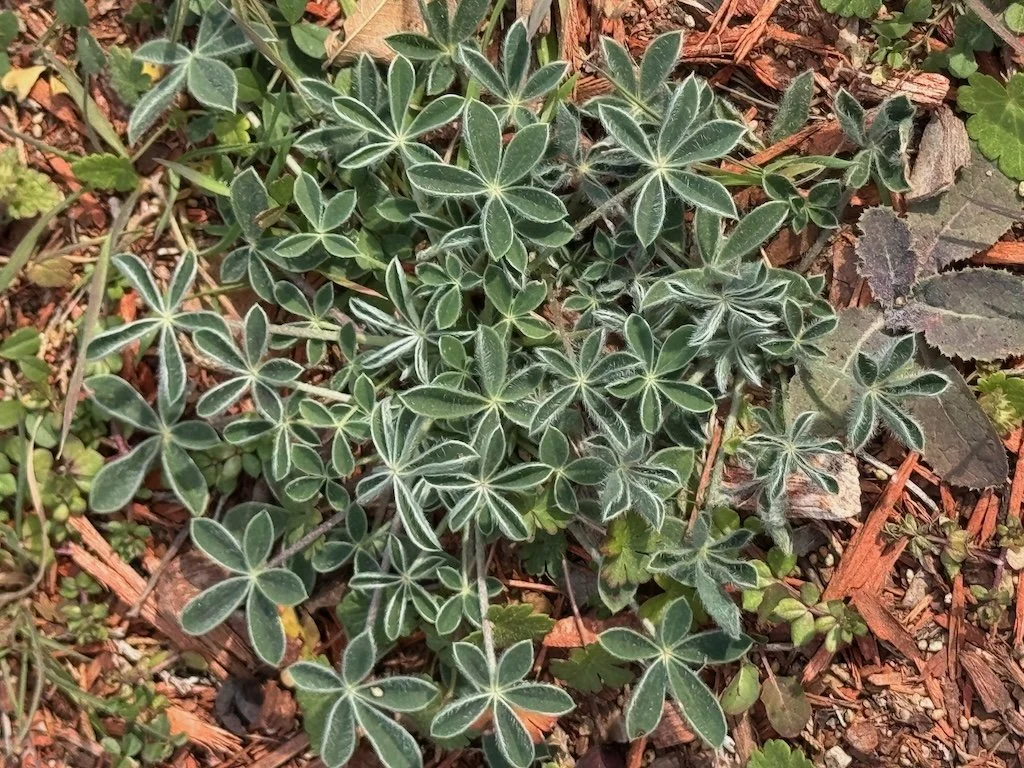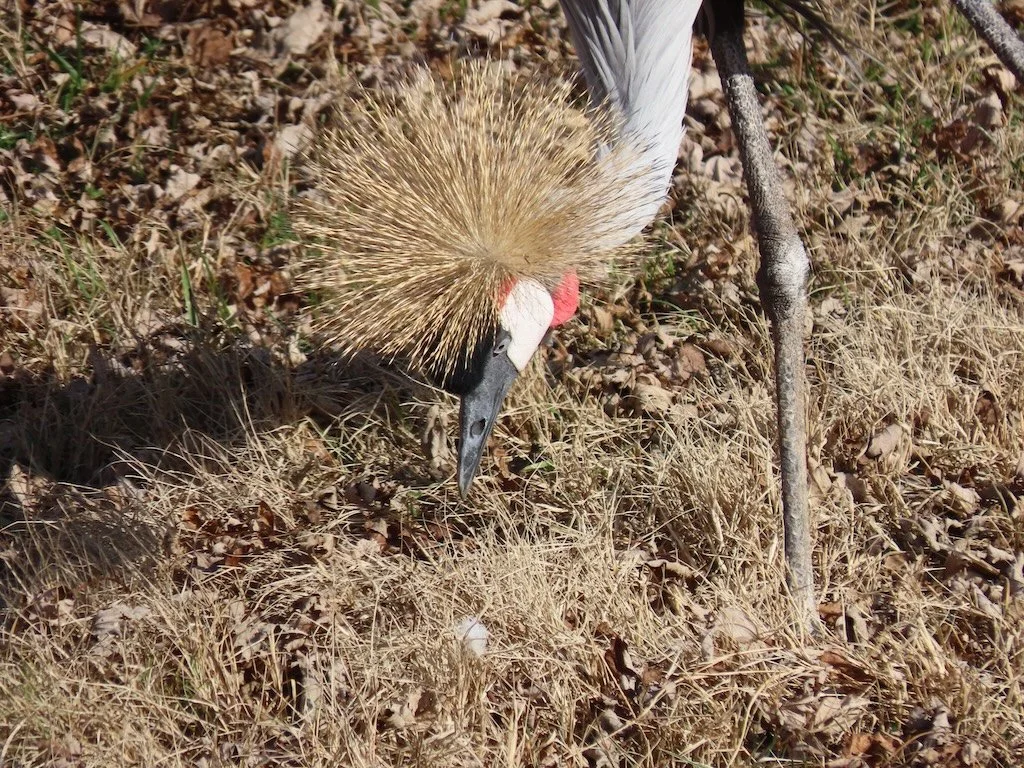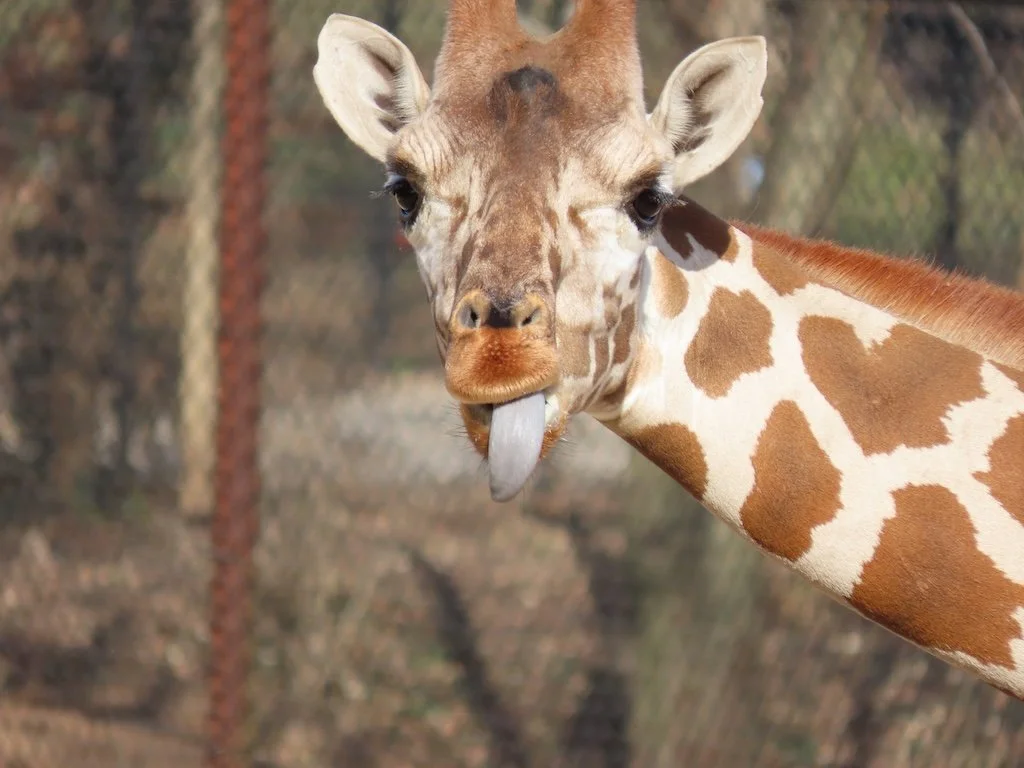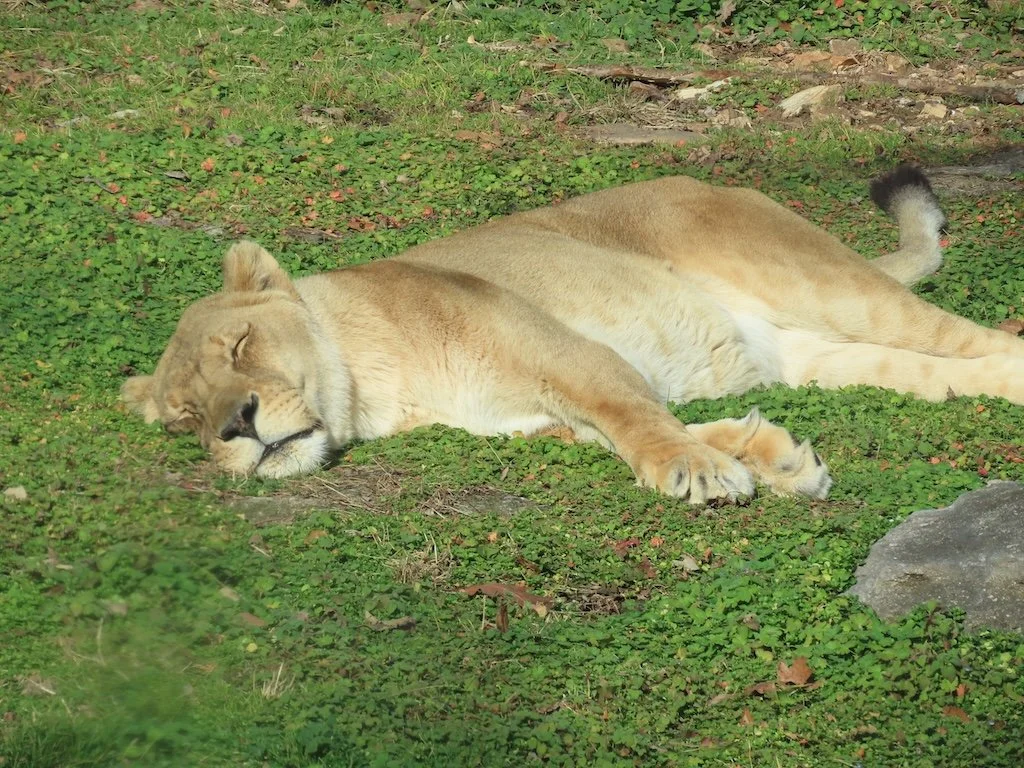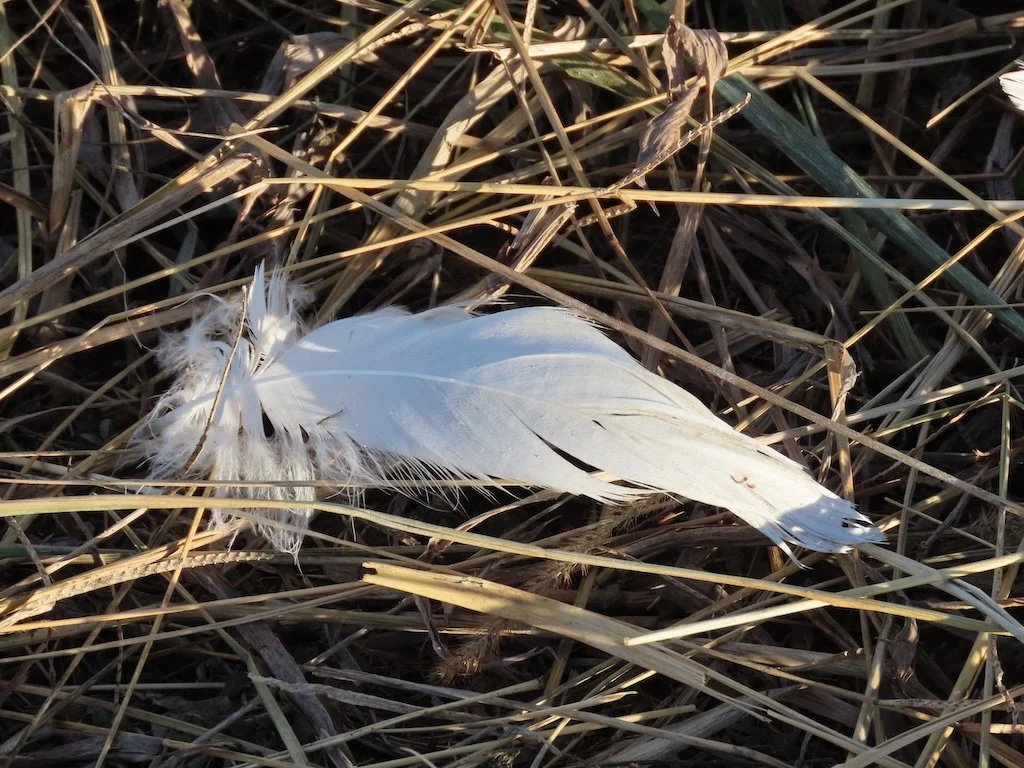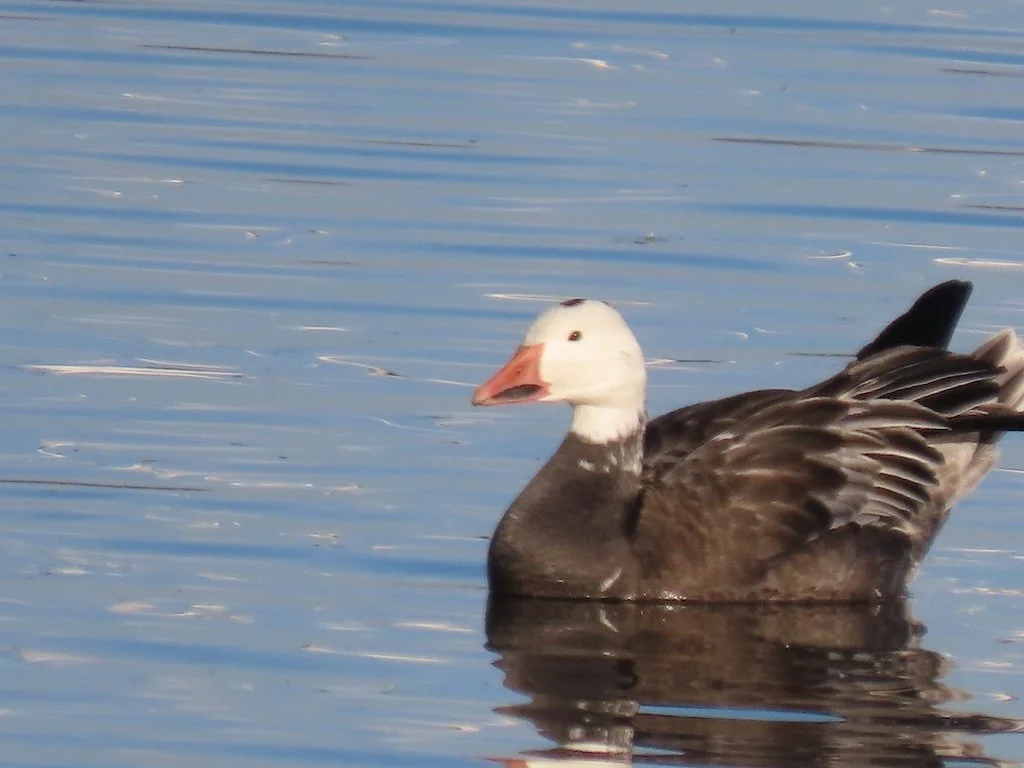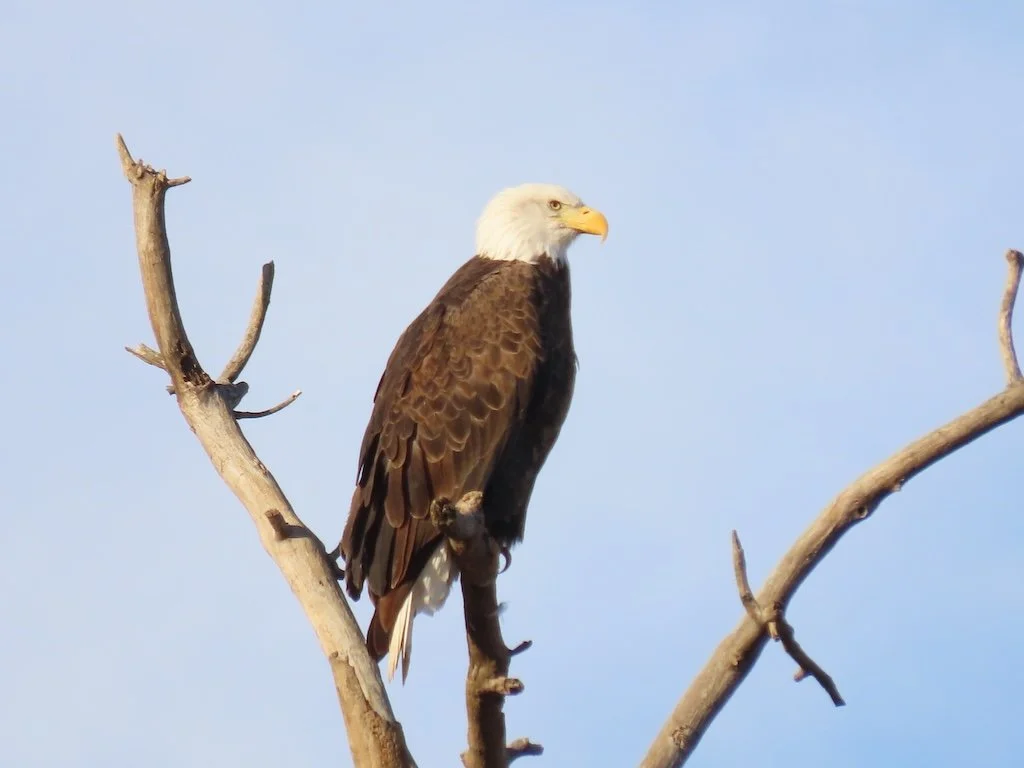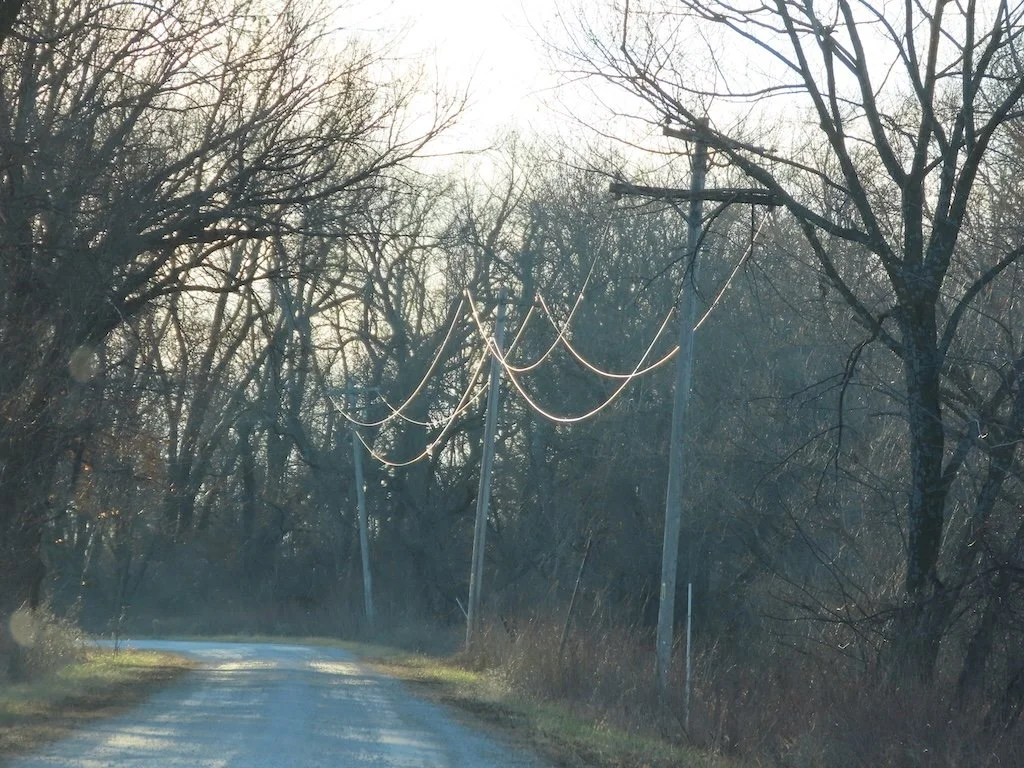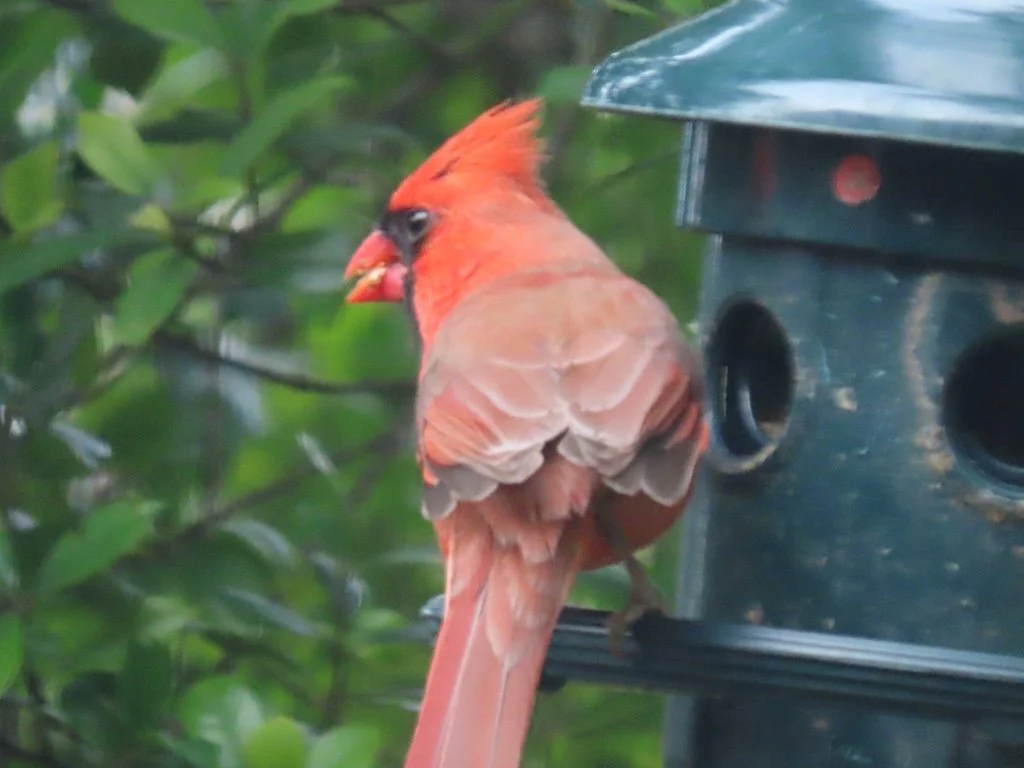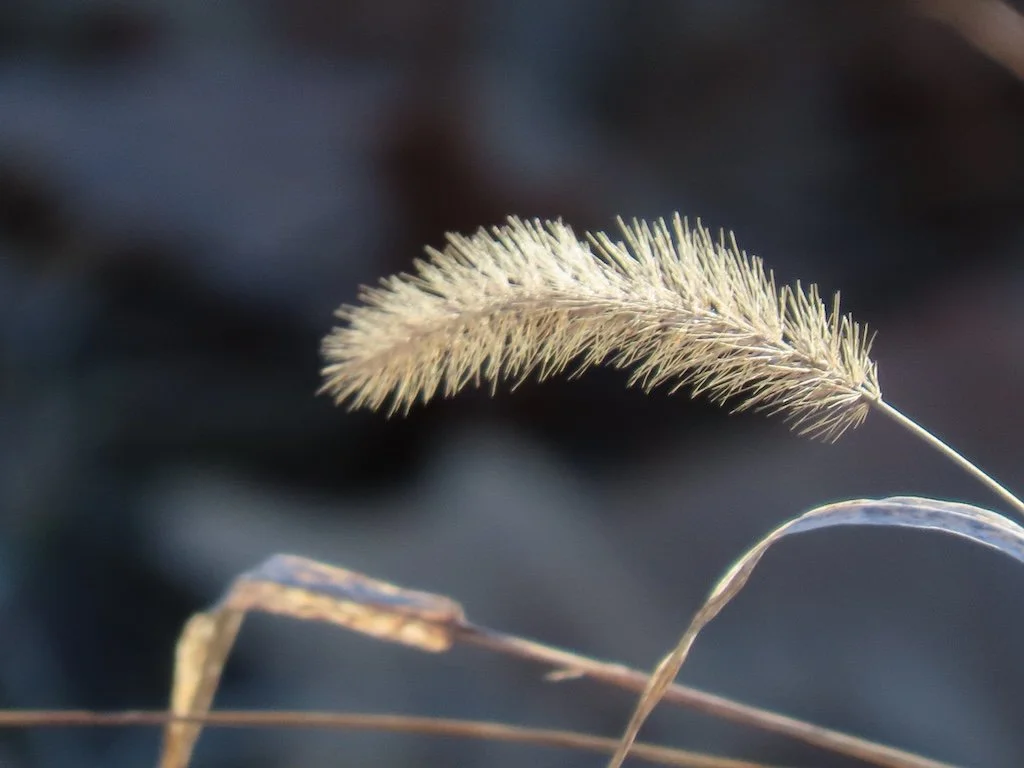Only two courses in progress for me right now! It takes a lot of will power to not sign up for more; there are competing activities this month: travel and classroom-based courses. Here are the two that will keep me busy in February.
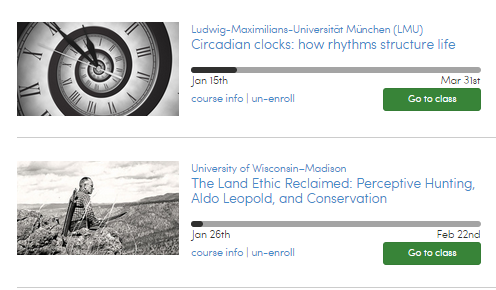 Circadian clocks: how rhythms structure life (from Ludwig-Maximilians - Universitat Munchen (LMU) is off to a good start with a mix of history of the research and vocabulary. It’s a topic that is interesting and has lots of implications for health and well-being.
Circadian clocks: how rhythms structure life (from Ludwig-Maximilians - Universitat Munchen (LMU) is off to a good start with a mix of history of the research and vocabulary. It’s a topic that is interesting and has lots of implications for health and well-being.
The Land Ethic Reclaimed: Perceptive Hunting, Aldo Leopold, and Conservation (from University of Wisconsin-Madison) started off by having student pick an avatar that reflected their perspective of the course topic. I chose ‘naturalist;’ it will be interesting to see the demographics of the other students in the course. I like the way the instructors are using surveys and probing questions along with the typical MOOC videos, reading list, and discussion forums.
Two courses finished in January:
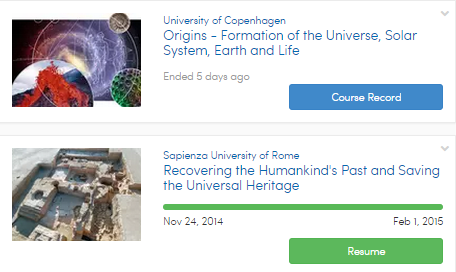 Recovering the Humankind’s Past and Saving the Universal Heritage (from Sapienza University of Rome) was a more philosophical course than I expected. It included discussion of the science/technology of archaeology and how it developed over time which is what I expected. But the more thought provoking parts of the class were about the concept of ‘universal heritage’ and why it is important; the relationship of wars and destruction of material culture of the past is striking. It happens alongside the human lives lost and plight of refugees in Syria and Iraq.
Recovering the Humankind’s Past and Saving the Universal Heritage (from Sapienza University of Rome) was a more philosophical course than I expected. It included discussion of the science/technology of archaeology and how it developed over time which is what I expected. But the more thought provoking parts of the class were about the concept of ‘universal heritage’ and why it is important; the relationship of wars and destruction of material culture of the past is striking. It happens alongside the human lives lost and plight of refugees in Syria and Iraq.
Origins - Formation of the Universe, Solar System, and Life (from University of Copenhagen) was a very broad course taught by a team of people from the Natural History of Denmark. It was a good update on what has been discovered since I was in college in the 1970s. Scanning Science Daily over the years helps - but it was refreshing to get a fresh update that tied it all together in an organized way.
As usual - I thrive on having some new topics to learn about and Coursera is a prime avenue for that. Hurray for Coursera!
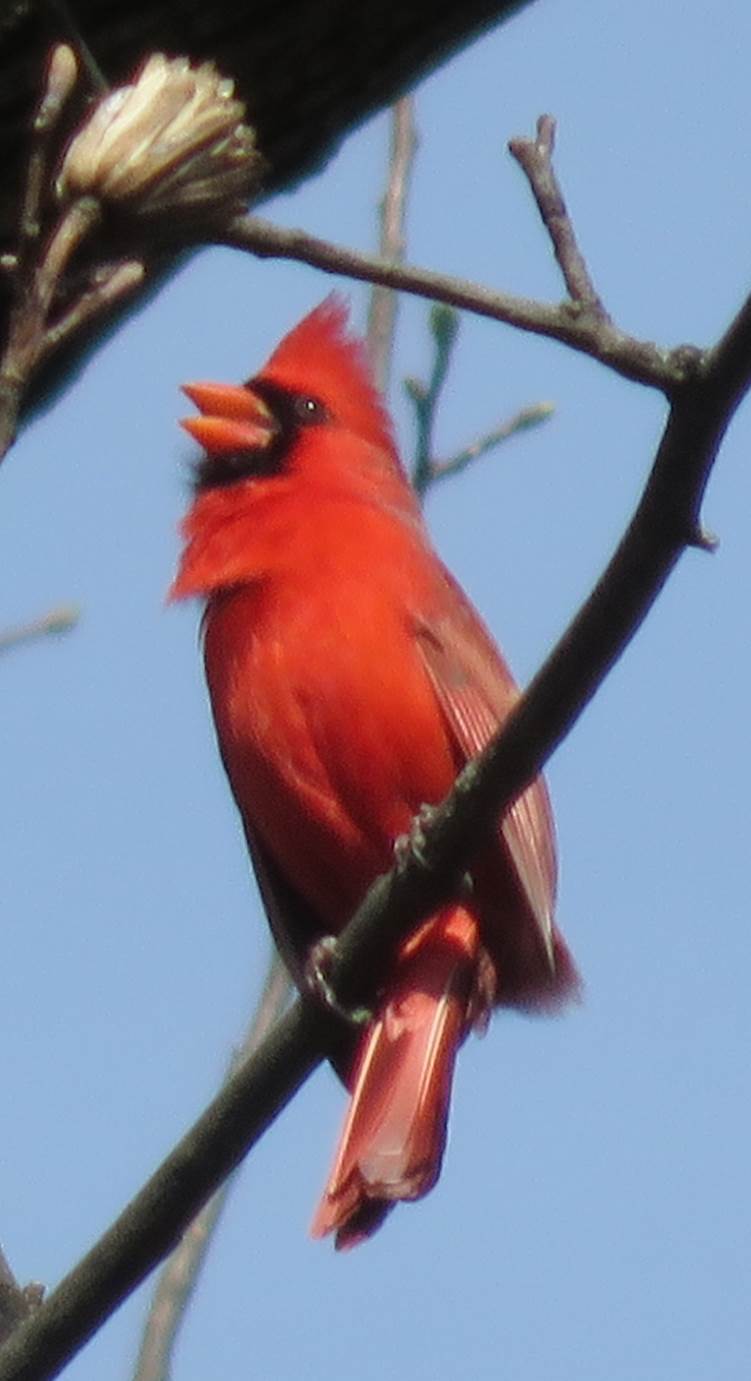 I like waking up with the birds rather than an alarm clock. Of course - that means that I am waking up a bit earlier as the days gets longer since the birdsong occurs before dawn!
I like waking up with the birds rather than an alarm clock. Of course - that means that I am waking up a bit earlier as the days gets longer since the birdsong occurs before dawn!